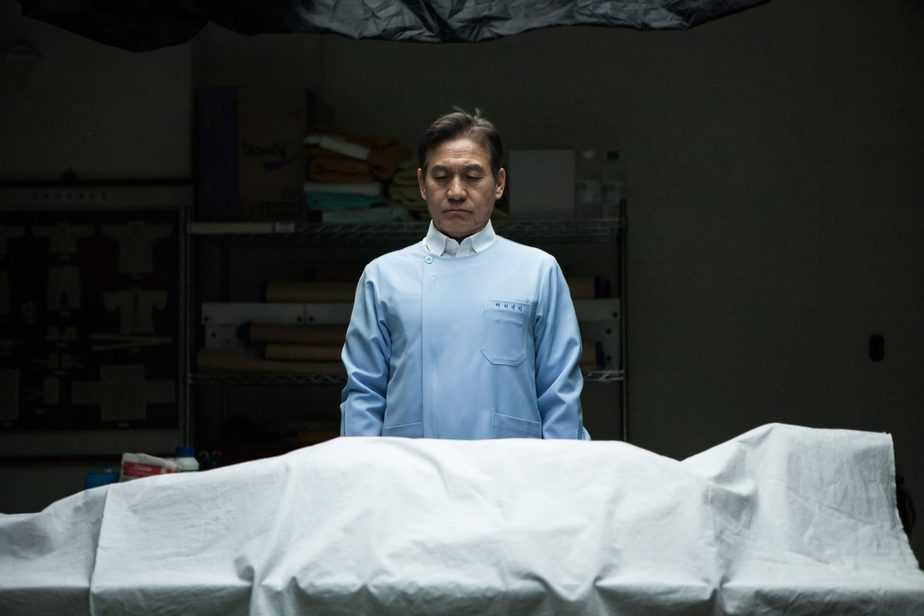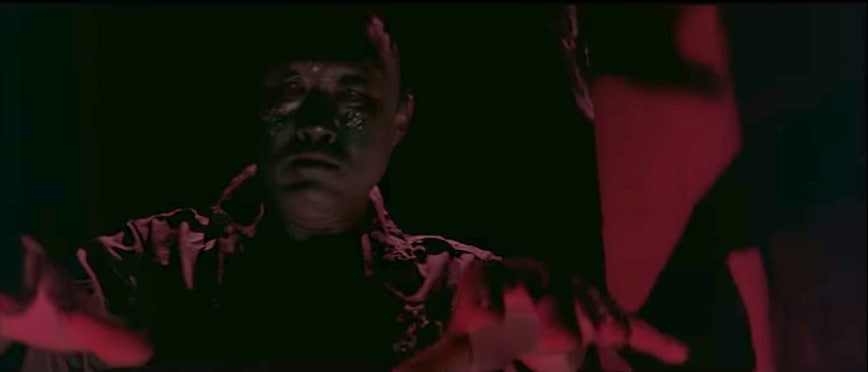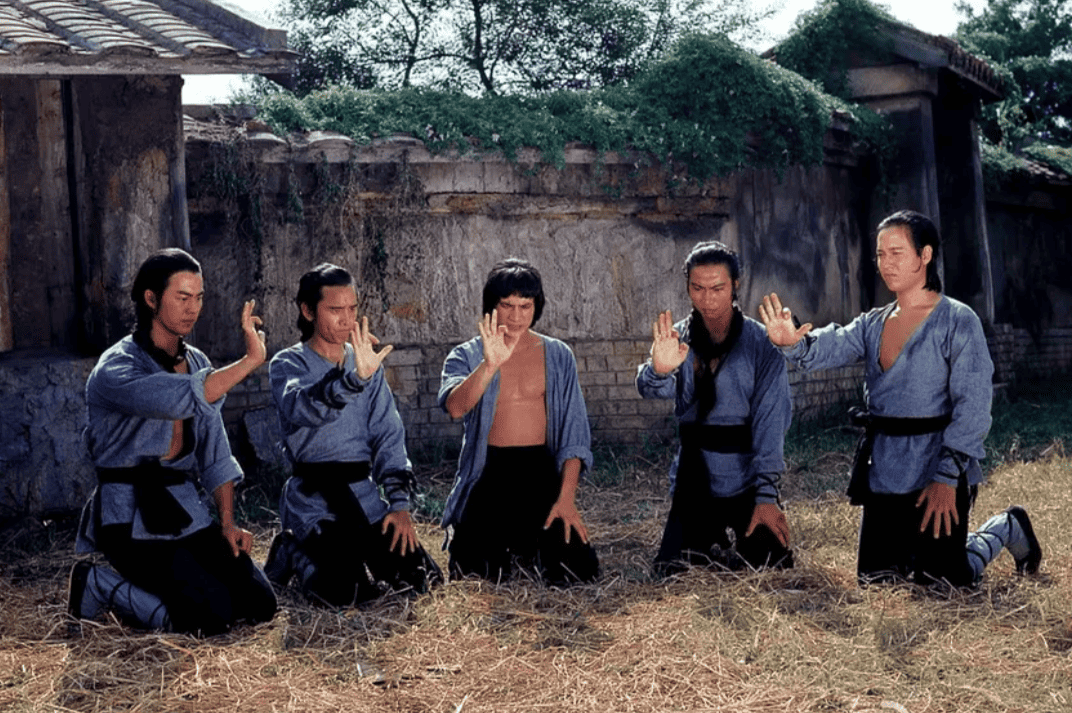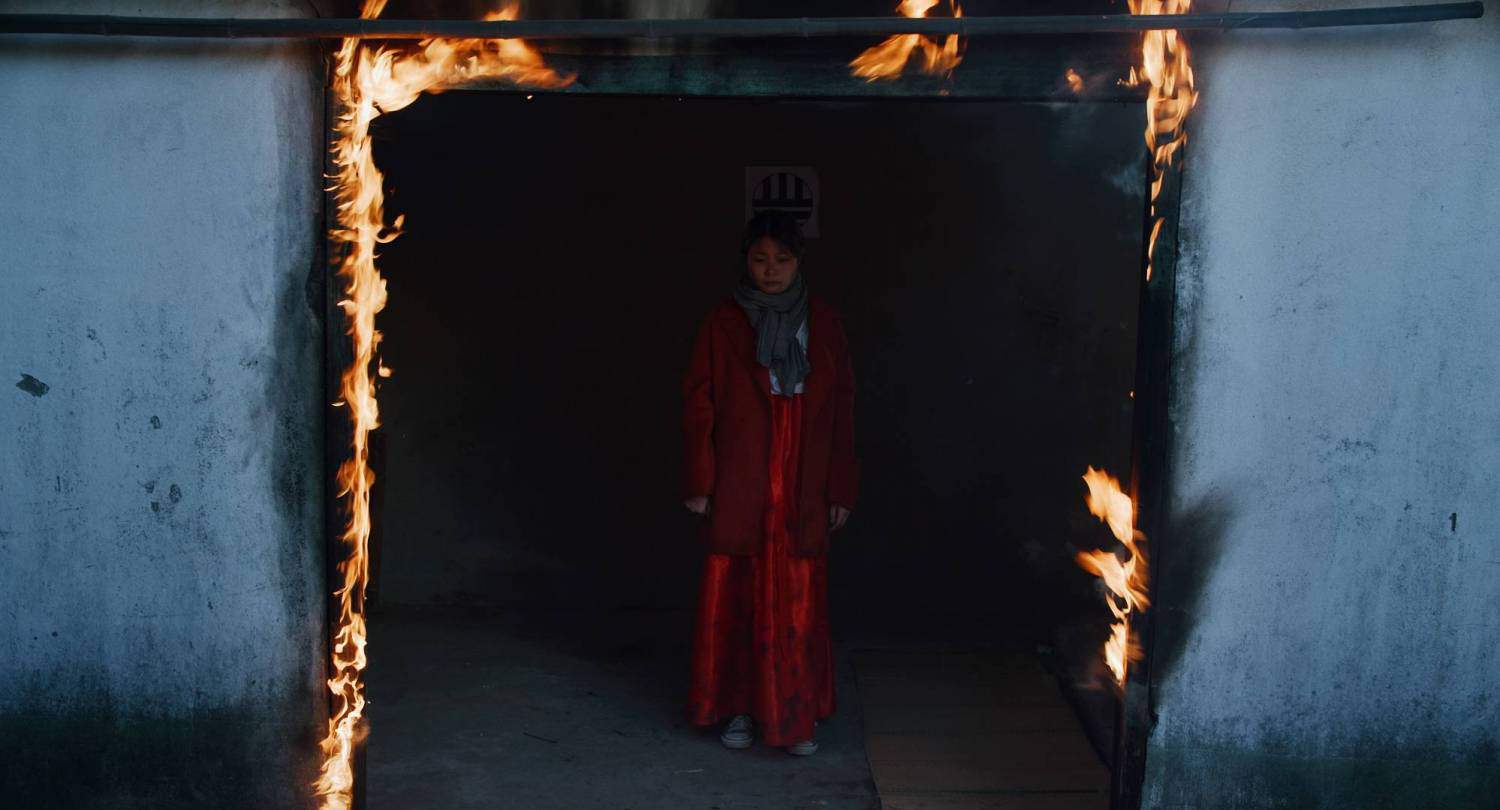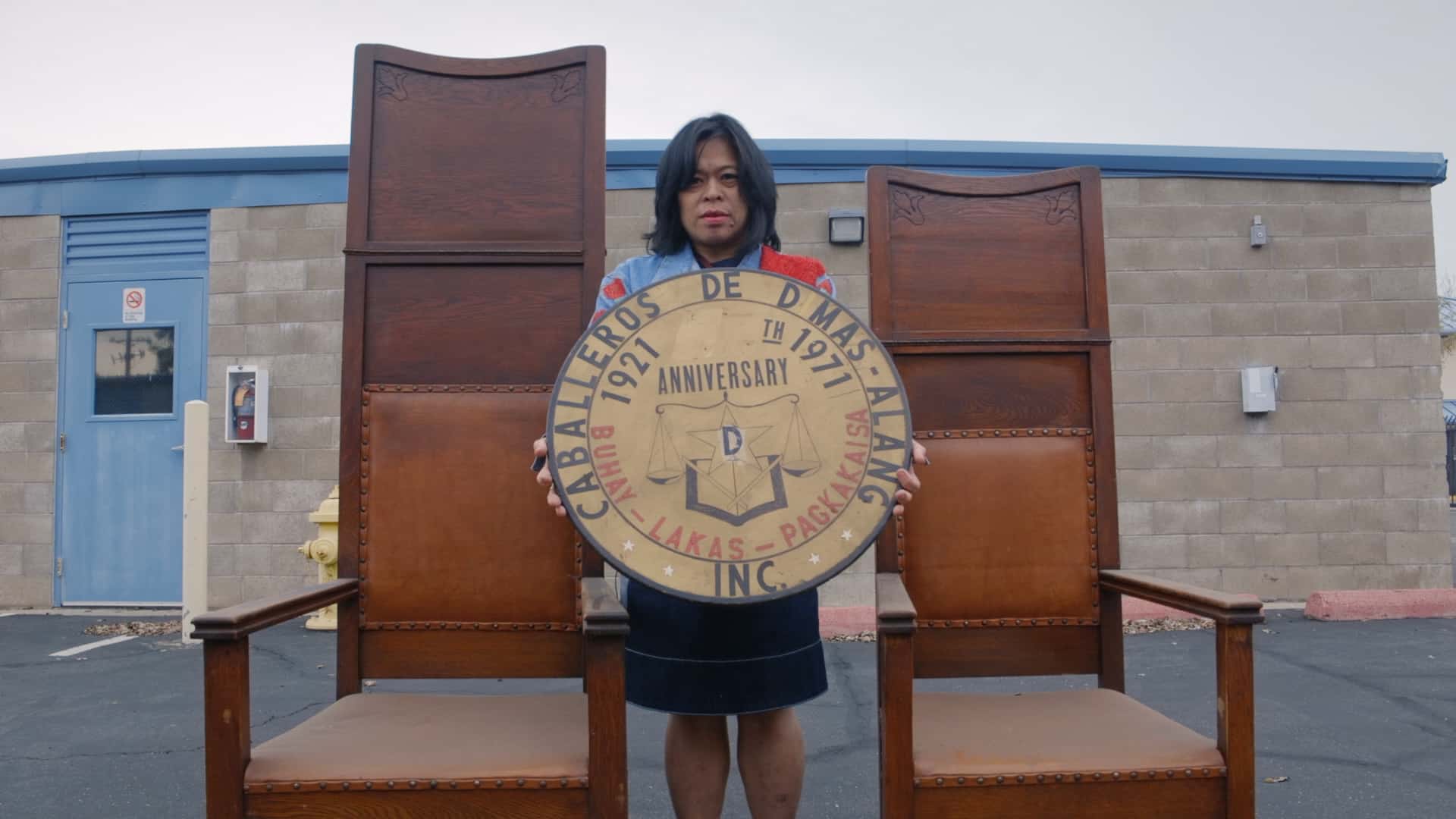Life, death, mortality and filial responsibilities are explored in director Koh Hoon's third feature film “Paper Flower”. Co-produced by the Korean Film Council and featuring legendary actor Ahn Sung-ki and the delightful Eugene, who returns to the big screen after eleven years, in leading roles, the film premiered at last year's Busan International Film Festival.
“Paper Flower” will screen at the next edition of Asian Pop-up Cinema, during the fall.

Yoon Sung-gil is a funeral director whose business is dwindling and whose paralysed son Ji-hyuk can't stop attempting to kill himself. In order to make ends meet, he signs up to be a franchise of the corporate funeral management company Happy Endings. Meanwhile, the ever-smiling Ko Eun-suk and her little daughter No-eul move into the house opposite Sung-gil's. In an attempt to earn a living, Eun-suk decides to take up the job of being Ji-hyuk's caregiver. When the owner of a local noodle shop which houses and feeds the homeless passes away and his body gets handed to Sung-gil by the city council, he finds himself divided and in a dilemma because Happy Endings want him to get it over with without a fuss while the homeless in the noodle shop insist that the funeral and memorial should be held in the city square, where the owner had his humble beginnings feeding the needy.
Koh Hoon, like his previous films, wrote the script for “Paper Flower” himself and it is this script that ends up being the film's real star. There is a calm contemplation on mortality and living life the right way until that inevitable happy ending which does not feel preachy in the slightest. Sung-gil and Eun-suk could not be any more different from each other with completely different outlooks to life. Where one has been surrounded by death most of his life and takes a rather nihilistic approach, the other goes through life enjoying the rain or sunshine, no matter what life may throw at her, with a smile on her face. Their relationships with their offsprings also couldn't be further apart. Sung-gil doesn't talk much with his son and tries to save him from himself until the point that he cannot, whereas Eun-suk and No-eul are quite close with each other and take care of each other instead on relying on others. And yet, there's a distinct similarity between two: they are two souls that've gotten the brunt of life and are yet survivors.

There's also a very accurate portrayal of what the involvement of large corporations does to small, family-oriented businesses. Sung-gil is more or less asked to sell his soul in order to sign that final, long term contract with Happy Endings when he is asked to not indulge in even the tiniest of gestures like adding extra paper flowers to a coffin because “they're not included in the plan the client chose”, an act which otherwise he did not even consider as a service offered but a part of his duty as the funeral director. This is especially visible when he locks heads with the regional manager of Happy Endings and the City Hall over the funeral and memorial of the noodle shop owner. Inversely, it is only when Eun-suk leaves the corporate structure that she finds a job that she actually likes doing.
If the script is excellent, it is the actors' portrayals of their respective characters that gives true life to the words. Having a veteran of Ahn Sung-ki's calibre is quite the casting coup for director Koh Hoon. The actor's filmography is filled with fantastic performances and “Paper Flower” is yet another feather in his cap. The subtle changes that he brings in his interactions with all the characters are very interesting to watch. His relationship with Jang Jae-hee's No-eul forms one of the emotional cruxes of the film and thanks to the performances, it progresses very naturally, with Ahn particularly coming across as a very convincing haraboji (grandfather) to the little girl. Actress/singer Eugene has been away from the silver screen for more than a decade and seeing her in “Paper Flower” makes you lament the many performances that she could have given in all these years. Her ever-smiling, singing and dancing attitude is nearly infectious but it is when this veneer cracks and the sorrow of the character bubbles over, like in the scene where she tells Ji-hyuk her backstory or the scenes near the film's end, that she excels the most.
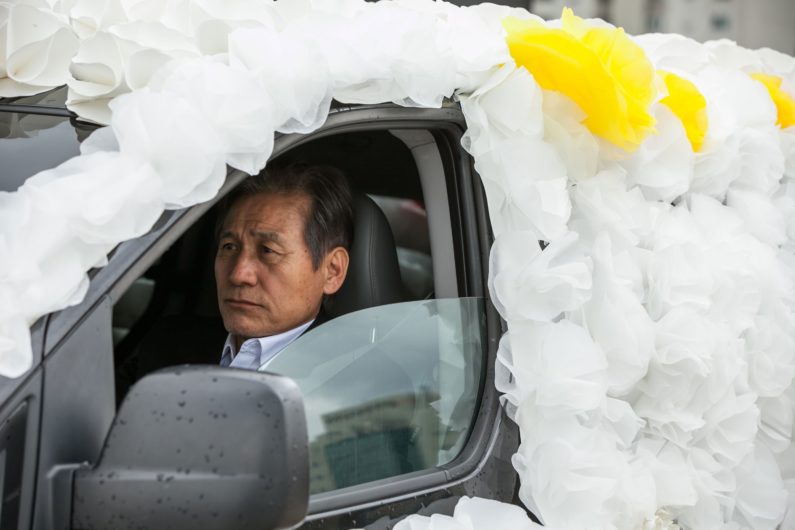
While the leisurely pace of the film might not be to everyone's liking, “Paper Flower” ends up being quite an interesting movie with two especially solid central performances. It is the pitter-patter of the rain as you dance underneath it or the warm feeling of the morning sun-rays on your face, which Eun-suk wants us all to take pleasure in. Enjoy it while you can.


